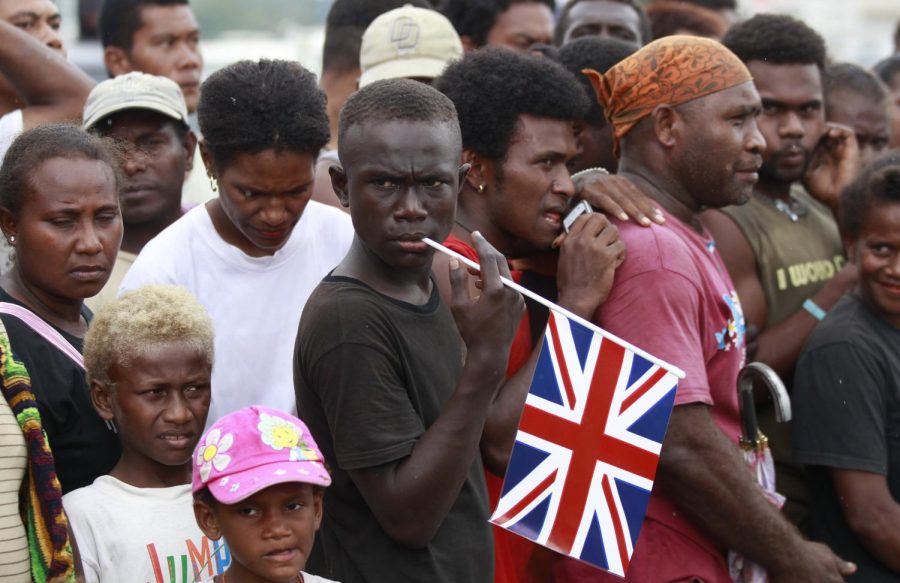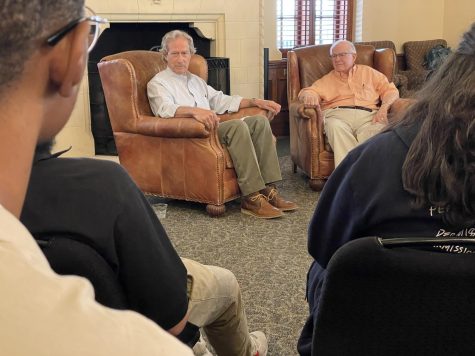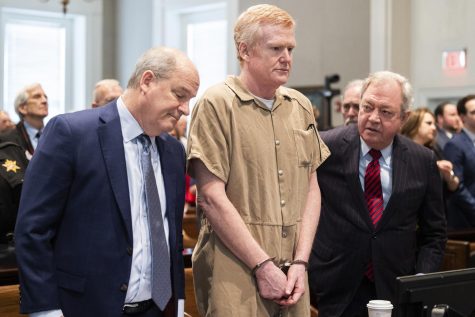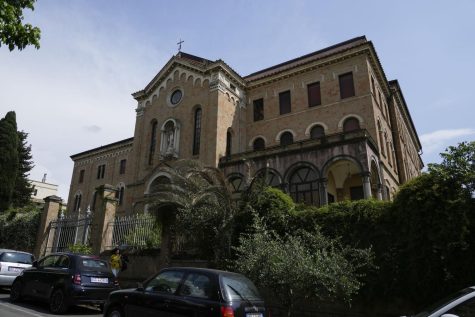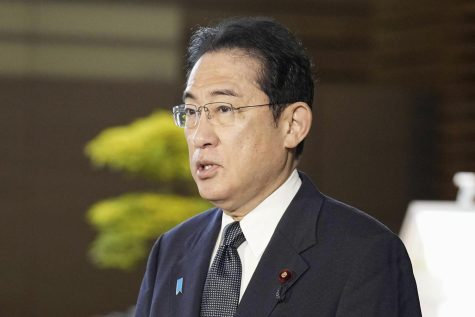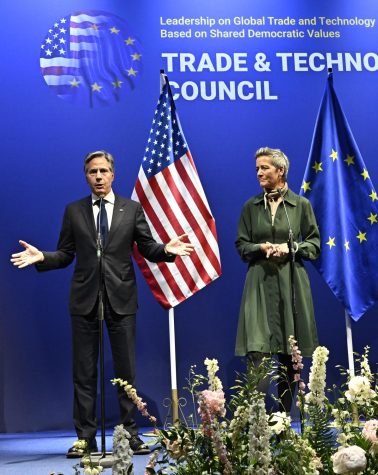Queen’ Elizabeth II’s Platinum Jubilee draws protest, indifference from some in Commonwealth (Timeline)
While the U.K. is celebrating Queen Elizabeth II’s 70 years on the throne, not all in the Commonwealth are happy
DANIEL MUNOZ/Pool Photo via AP
A well-wisher with a Union flag waits in a crowd before the arrival of Britain’s William and Kate, the Duke and Duchess of Cambridge, for the opening ceremony of the renovated Commonwealth Street in central Honiara, Solomon Islands, Sept. 17, 2012. Solomon Islands joined the Commonwealth in 1978 after gaining independence from the UK, and it continues to recognize Queen Elizabeth II as its head of state.
LONDON — After seven decades on the throne, Queen Elizabeth II is widely viewed in the U.K. as a rock in turbulent times. But while the U.K. is celebrating the queen’s Platinum Jubilee — 70 years on the throne — with pageantry, some in the Commonwealth are using the occasion to push for a formal break with the monarchy and the colonial history it represents.
“It’s not about her,” said Jamaican academic Rosalea Hamilton, who campaigns for her country to break away from the Commonwealth and become a republic. “It’s about her family’s wealth, built on the backs of our ancestors.”
The empire Elizabeth was born into is gone, but she is still head of state in 14 other nations, including Canada, Australia and the Bahamas. Barbados cut ties with the monarchy in November. Several other Caribbean countries say they plan to follow suit.
Britain’s jubilee celebrations, which climax over a four-day holiday weekend starting Thursday, aim to recognize the diversity of the U.K. and the Commonwealth. Britain’s image of itself as welcoming was battered by the revelation that hundreds of people from the Caribbean who had lived legally in the U.K. for decades were denied housing, jobs or medical treatment — and in some cases deported — because they didn’t have paperwork to prove their status.
The British government apologized and agreed to pay compensation.
A jubilee-year trip to Belize, Jamaica and the Bahamas in March by the queen’s grandson Prince William and his wife, Kate, was intended to strengthen ties, but it appears to have had the opposite effect. Cynthia Barrow-Giles, University of the West Indies professor of political science, said the British “seem to be very blind to the visceral sort of reactions” royal visits elicit in the Caribbean.
Protesters in Jamaica demanded Britain pay reparations for slavery, and Prime Minister Andrew Holness politely told William the country was “moving on,” a signal it planned to become a republic. U.K. officials hope countries become republics will remain in the Commonwealth, the 54-nation organization made up largely of former British colonies. Out of those nations, 14 still recognize the queen as their ceremonial head.
William acknowledged the strength of feeling and said the future “is for the people to decide upon.”
“We support with pride and respect your decisions about your future,” he said in the Bahamas. “Relationships evolve. Friendship endures.”
When then-Princess Elizabeth became queen on the death of her father King George VI in 1952, she was in Kenya. The East African country became independent in 1963 after years of violent struggle between a liberation movement and colonial troops. In 2013, the British government apologized for the torture of thousands of Kenyans in the 1950s during the “Mau Mau” uprising and paid millions in an out-of-court settlement.
Memories of the empire are still raw for many Kenyans.
“From the start, her reign would be indelibly stained by the brutality of the empire she presided over and that accompanied its demise,” said Patrick Gathara, a Kenyan cartoonist, writer and commentator.
“To this day, she has never publicly admitted, let alone apologized, for the oppression, torture, dehumanization and dispossession visited upon people in the colony of Kenya before and after she acceded to the throne.” Though Kenya does not recognize the queen as its head of state, the nation remains a member of the Commonwealth.
The queen’s strong personal commitment to the Commonwealth has played a big role in uniting a diverse group that also includes India and Tuvalu. But the organization faces an uncertain future.
As Commonwealth heads of government prepare to meet in Kigali, Rwanda, this month for a summit delayed by the coronavirus pandemic, some question whether the organization can continue once the queen’s eldest son, Prince Charles, succeeds her. Sue Onslow, director of the Institute of Commonwealth Studies at the University of London, said the queen has been the “invisible glue” holding the Commonwealth together.
But she says the organization has proven remarkably resilient and shouldn’t be written off. The Commonwealth played a major role in galvanizing opposition to apartheid in the 1980s, and could do the same over climate change, which poses an existential threat to its low-lying island members.


